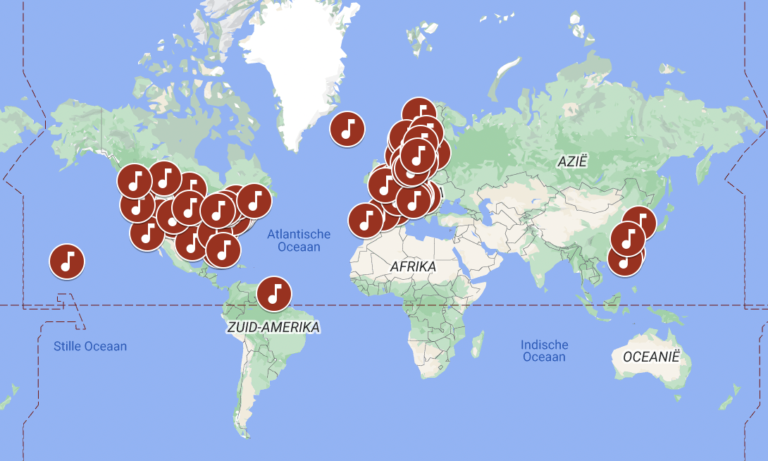The Do-organ enables you to develop teaching activities that are closely linked to modern pedagogical insights. One of these is ‘inquiry-based learning’, a method in which children are challenged to formulate questions about materials and concepts and then examine them in practice. In this article you will get information about this methodology of inquiry-based learning.
Explore and discover
Inquiry-based learning is a form of education in which children acquire knowledge interactively. They are challenged to ask questions about a theme and then answer them through a survey. It is not a ready-made method, but a way to stimulate students in their natural curiosity. The (guest) teacher is not only the person who transfers knowledge, but above all someone who supports the process. This learning process consists of a cycle with five distinct phases. The Do-organ fits in perfectly with this modern educational approach. If you want to present an organ project at school, prepare yourself well so that your own role in this learning poces can be optimal.
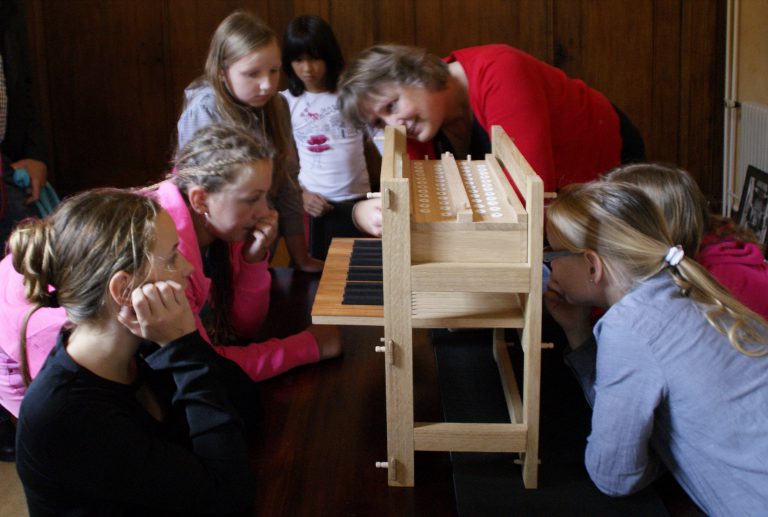
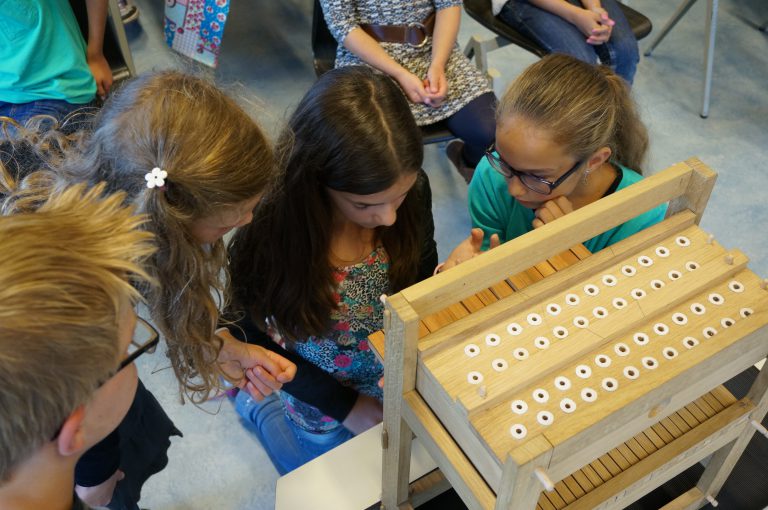
Process in 5 phases
Phase one of the cycle starts with an introduction, in which students are confronted with something challenging. That can be something that arouses wonder, or in which a problem or wish is evoked. So preferably don’t start with an explanation of what an organ is, but with a stimulating question: “I recently visited the church and heard the organ during a concert. You actually hear an entire orchestra playing. But how is it possible that it is only one organist who makes all those pipes sound?” Wonder or curiosity is the driving force behind the inquiry-based learning process. It stimulates the motivation to start (and continue to) research or design something. When you show your curiosity out loud, students will also continue to look at the world with a more critical and astonishing view.
Phase two is all about exploring. Before one can actually start researching, he/she must of course know something. Try not to transfer too much knowledge at the same time and respond flexibly to the questions that children are asking. You do not have to answer every question directly yourself. Try to give it back to the group: “who has an idea how it works?” Here too, the role model of the (guest) teacher is important in showing the right attitude to the research question. For example, after some knowledge transfer about the families of musical instruments, an interesting follow-up question may be: is an organ a keyboard instrument or a wind instrument? Subsequently, an investigation is set up in phase three. Of course you can steer in that process: “Could we build an organ ourselves? What do we need for that? ” The research can be carried out in phase four with the aid of the Do-organ. The art of asking questions is important. There is often a great temptation to explain to children directly with the help of the Do-organ, but the lesson box is precisely made to be explored. Take all parts out of the box with the students and first take a good look together. Here, too, an open question is a good starter: “What do you see lying on the table? What is it made of? Which things look alike or belong together? What would be the function of each part? ” Experience shows that children learn a lot by trying. When the keys are attached to the wind chest, it looks like you can play. But you still don’t hear any sound it brings on the next question: What else is needed? In this way they discover almost automatically after placing the pipes that there wind is needed. Or that the stops have yet to be opened.
Conclusions are drawn in phase five: did we find the answer to the research question? In the case of the Do-organ, the children know exactly how to get sound from the small organ. They can also present that, for example to the parents. But the question about one organist who makes a large organ sound, has not yet been answered. “I also noticed that a large organ is much wider and higher than this one. How does it work if the pipes are not exactly above the keys? ” That can be the challenging follow-up question to be answered on a field trip in the church.
Place in the curriculum
Inquiry-based learning is a method in which students must do things. Goals are achieved by acting and being able to apply acquired knowledge. This requires certain attitudes like: being curious, being able to cope with setbacks, being critical, having an open mind, show creativity. As a (guest) teacher you facilitate the children in this, especially by preparing good challenging questions in phase one and two. It is also useful to know the stages of the process and their usefulness. Every research question also has a knowledge aspect: about a historical or physical phenomenon, about a historical source or cultural heritage. Design requires knowledge of materials, physical phenomena and technical principles such as constructions and transmissions. Various perspectives are therefore suitable for the organ: history (how old is the organ in the church?), technique (how does an organ work?), physics (how is sound produced in an organ? How is power transferred from keys to valves?), the musical (how do you get so many different sounds from an organ?). This means that the organ fits within various learning objectives, both for primary and secondary education. A well designed educational organ project that meets the requirements of the learning objectives (including for music, science and technology, history and cultural heritage) will be gratefully accepted by schools.
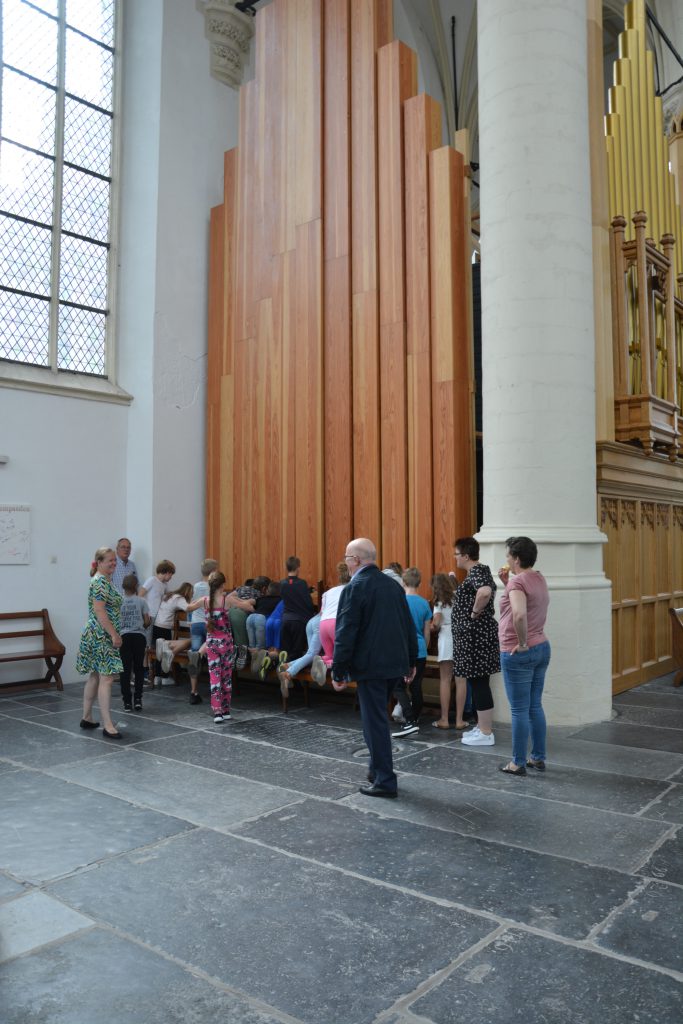
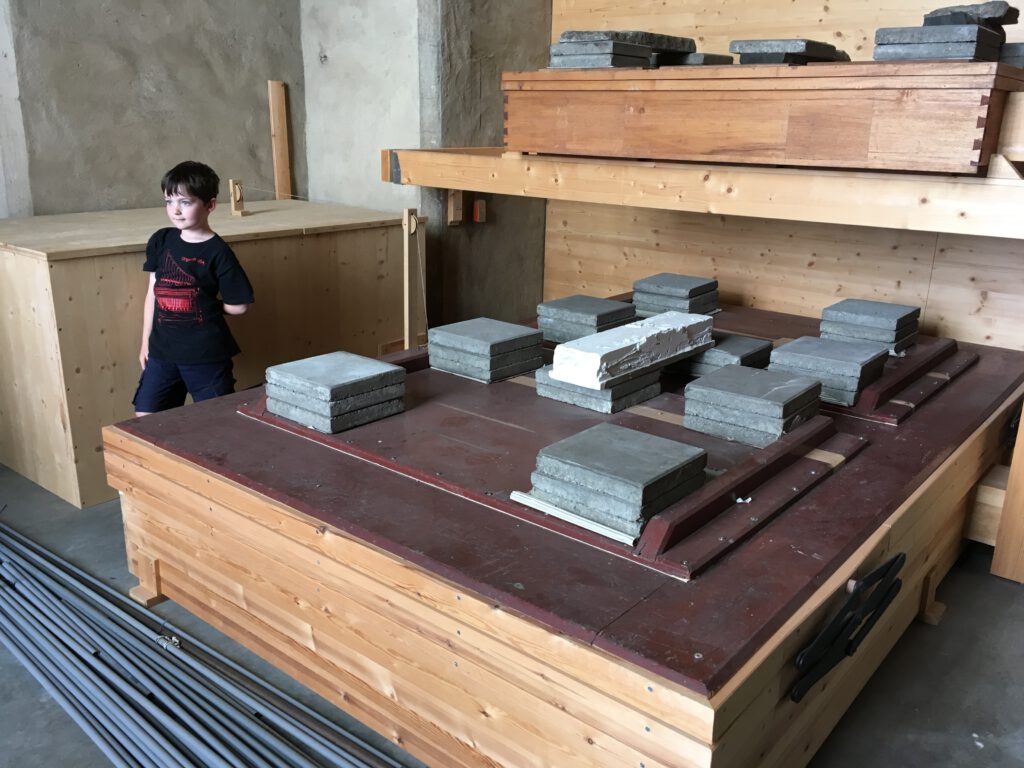
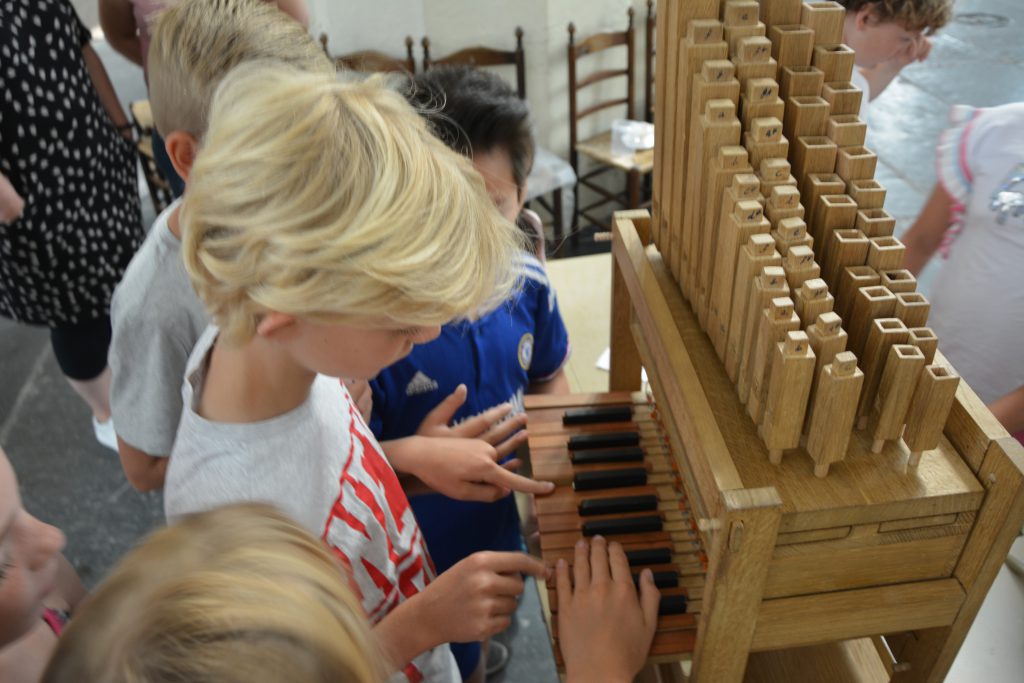

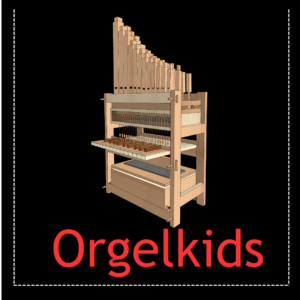 If you want to get started with the Do-organ, we have instruction cards, a lesson plan, sheet music and much more ready for you.
If you want to get started with the Do-organ, we have instruction cards, a lesson plan, sheet music and much more ready for you.